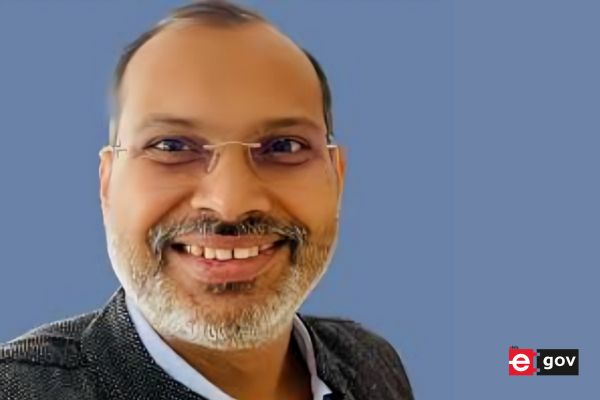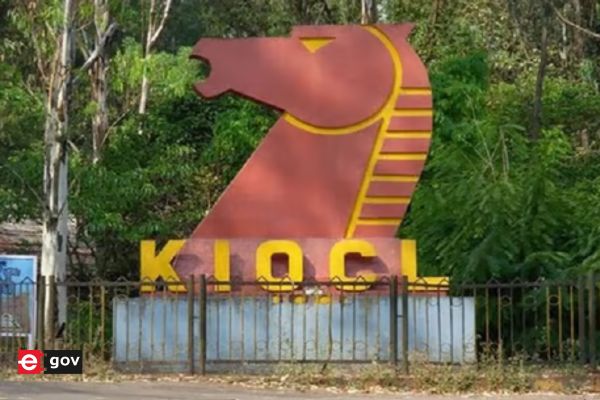Rural eSeva: Women learn and operate ICT
The district West Godavari in the state of Andhra Pradesh in India has a total population of over 3.8 million out of which over 70% (2.1 million) lives in rural areas. The women population in this district, which is over 1.8 million is further marginalised than their male counterparts.
The e Seva project established Web enabled rural kiosks termed e Seva centres at the mandal (a sub district unit of administration) level, was initiated with twin objectives of helping the rural women as information leaders to bridge the gender divide and providing people of the district various C2C (citizen-to-citizen) and C2G (citizen-to-government) services. The e Seva centres are run and managed by the women self help groups. It not only builds their confidence and empowers them economically but also provide a virtual meeting place and a focal point for synergising and pooling in their efforts. Each self help group also use project computer for maintaining the internal lending records and also to enter into online transactions with their banks. They are trained to handle the computer, the package and therefore are positioned as information intermediaries and helps in their bargaining power over the men. Most of these self help groups come from the poorest segments of the society and the project helps them achieve economic independence.
With almost over 80 kiosks operating in the district, the project has been able to carry out more than 300000 transactions relating to various C2C and G2C services, deliver 1,20,000 certificates while an amount of over Rs 50 million have been collected as electricity bills. The eSeva centres runs on a district portal that allows access to various citizen centric services. These services range from the issuance of various certificates to getting information about various programmes to online marriage bureau.
All the centres are being run on commercially viable lines and user charges are collected for the services rendered by the centres. The equipment provided to each centre has also been given on finance through the banks. An upfront subsidy has also been given in the beginning to minimize the burden on the women groups. Once the centre is established, the groups are in a position to not just meet the incidental expenses but are also in a position to repay their commitments and to make adequate returns for consumption and ploughing back into the project. This therefore ensures that each stakeholder gets adequate returns, which would sustain their interest in the continuance of the project.
The project is an initiative taken by the district administration in the year 2002 and has a flexible management structure. The project is being directly monitored and headed at the level of the District Collector. More information can be found at www.westgodavari.org or writing to Sajay Jaju at sjaju1@rediffmail.com
Nabanna: Information networks for women
Nabanna is an ICT initiative by an organisation called Change Initiatives in the Indian State of West Bengal. This initiative seeks to empower poor women who have been unable to fulfil even basic needs because of their lack to information and skills, by building structured local communication networks that promote access to information or provide spaces for sharing information and knowledge.
Nabanna’s vision is to energise the community in Baduria Municipality, a rural region in North 24 Parganas district of West Bengal, by empowering poor women to organize and use
Be a part of Elets Collaborative Initiatives. Join Us for Upcoming Events and explore business opportunities. Like us on Facebook , connect with us on LinkedIn and follow us on Twitter, Instagram.











